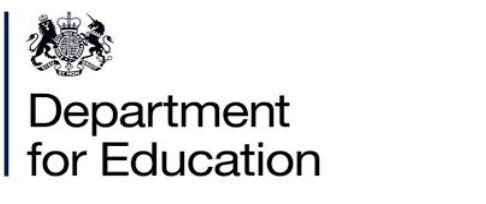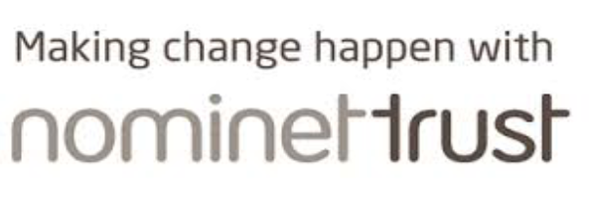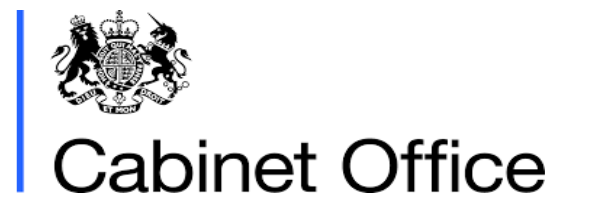In May 2016 we took Skills Route back to the classroom and ran a session for 23 Year 10 students in North London. Together we explored options after GCSEs, we reflected on our personal priorities and we learnt some new terminology (BTEC, Vocational etc.). The students spent some time working as a group to reflect on their priorities and favourite subjects and worked individually to test Skills Route and see what the data could contribute to their careers education and decision making.
The Skills Route team got a lot out of the session: we saw how students responded to the platform and took away some key observations and improvements - not least the need to simplify the sign-in procedure. We also took the chance to remind ourselves about lots of important aspects of working with children in the field of careers education:
- It’s unclear to children that the different elements of their education affect one another - how do GCSEs affect A levels? Why can’t I go to university and do whatever I want if I take a BTEC?
- The breadth of options available is hard to get your head around and even harder to apply to your personal context and ambitions
- The focus of school is on learning and developing knowledge - not necessarily structured around preparation for the world of work
- Careers education and careers guidance are not the same as employability skills and employer engagement. The two are often conflated in schools where curriculum time is at a premium and employers are keen to engage with young people.
- Every child is starting from a different point - whether they have a clear career or goal in mind or they have deeply ingrained values and expectations set by parents or carers.
- Telling kids that their dreams are not in line with their current academic performance is a hard job and data is only one contribution to the conversation.










